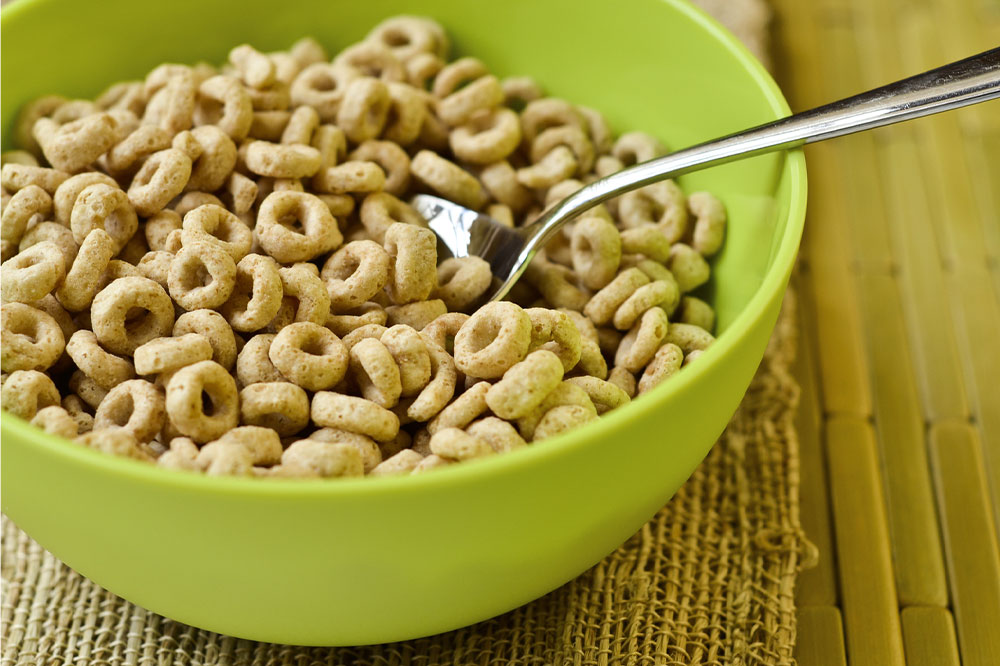
Lifestyle and Food Plans for Rheumatoid Arthritis
Rheumatoid arthritis (RA) is a chronic health disorder affecting millions worldwide. However, eating the right foods and avoiding unhealthy practices can greatly improve the quality of life. This article discusses common things individuals with RA should avoid to manage their condition better. This is because individuals with the condition can reduce inflammation, minimize joint pain and stiffness, and maintain overall health and wellness by consciously avoiding specific triggers and eating healthy.
Things to avoid to manage rheumatoid arthritis
Here are seven things to avoid to manage rheumatoid arthritis:
Gluten-containing foods
It is believed that patients with RA who adjust their meal plan to exclude foods containing gluten can find significant relief from their symptoms. Gluten, a protein found in wheat and rye, causes inflammation and has been linked to worsening arthritic pain. Removing these foods from the meal plan can help alleviate some uncomfortable symptoms and offer greater comfort regarding joint movement. You can replace gluten-containing bread, pasta, and snacks with almond flour, quinoa pasta, popcorn, vegetables, and fruits.
High-fat and processed foods
High-fat and processed foods cause inflammation, exacerbating RA symptoms. These foods are also typically high in calories and can lead to excess body fat, which puts extra stress on joints and makes it harder to manage RA. In contrast, a meal plan rich in whole, nutrient-dense foods such as fruits, vegetables, lean protein, and healthy fats can help reduce inflammation and improve overall health.
Sedentary lifestyle
A sedentary (barely active) lifestyle can lead to weaker muscles and joints, making it more difficult to manage RA symptoms. Exercise can help improve muscle strength and flexibility, reduce inflammation, and improve overall health. However, note the need to be careful while choosing activities since not all exercises are appropriate for rheumatoid arthritis and might exacerbate symptoms.
Stress
Stress triggers RA flare-ups and can worsen symptoms in people with the condition.









